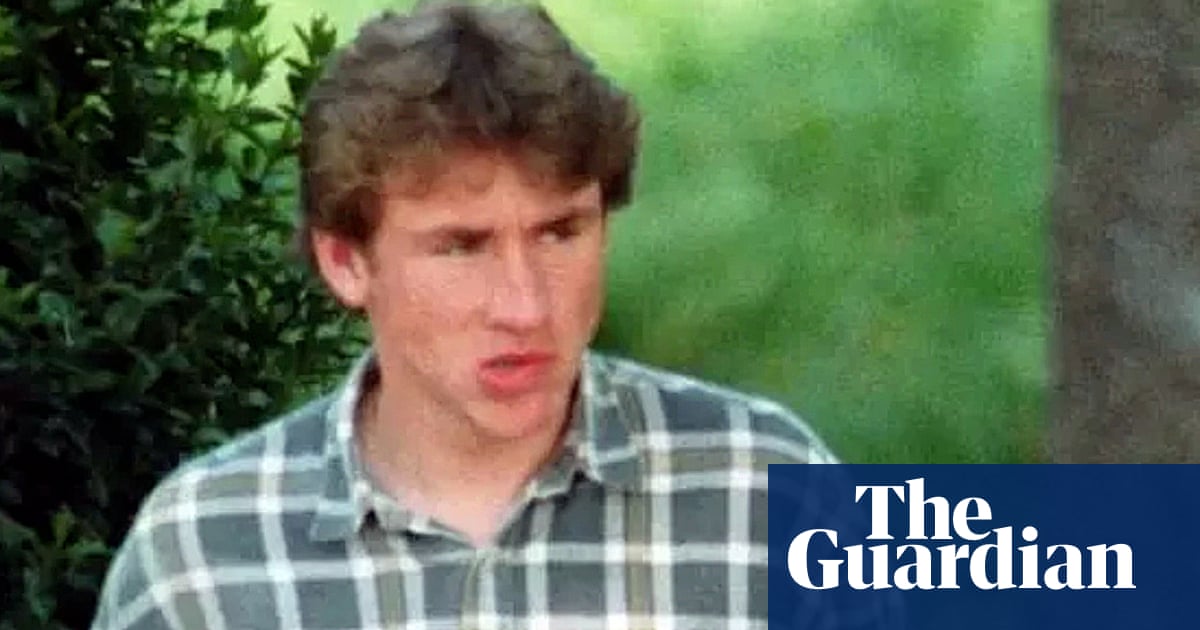
The father of Stephen Lawrence will attempt to overturn a decision by Scotland Yard to end the active hunt for his son’s murderers, saying it would leave racist killers out on the streets.
Neville Lawrence was speaking after the Metropolitan police shifted the status of its search for at least three white men who were part of the gang that attacked Stephen, saying active work to catch them would cease. He and his ex-wife, Doreen, Stephen’s mother, expressed dismay at the decision.
Stephen, an 18-year-old aspiring architect, was stabbed to death by a gang of racists on Well Hall Road in Eltham, south-east London, on 22 April 1993. Two men were finally convicted of the murder in 2012, but others remain free.
Speaking to the Guardian, Neville Lawrence said he would talk to his lawyers about fighting the Met decision to declare the murder investigation into Stephen’s death inactive. The Met said the case would be reviewed every two years and it would be reopened if new leads were to emerge.
Lawrence told the Guardian: “I’m not angry, I’m disappointed. Yet again the Met police have failed my family. I’m going to talk to my solicitor and barrister and find out if we can do anything more.
“I’m not going to stop. I’m not satisfied. There are still people out there who were part of the murder. The day after the murder, they got information about the suspects and did not do anything. It is because of their mistakes these killers are free and they should continue.”
Doreen Lawrence, who now sits in the House of Lords, said: “Eight years after the conviction of two of the men who murdered Stephen, I am now told that there are no further leads to follow in the investigation. I am truly disappointed that those others who were equally responsible for my son’s racist killing may not be brought to justice.
“I would still urge anyone who has any information that could help me get all of Stephen’s killers convicted to come forward. It is never too late to give a mother justice for the murder of her son. Whilst the Metropolitan police have given up, I never will.”
The first investigation by the Met police was badly bungled, with suspects left free despite locals giving their names to police in the days following the murder.
The family tried a private prosecution of the suspects, which failed, and only in 2012 did they see Gary Dobson and David Norris convicted of Stephen’s murder.
Two of the three remaining suspects, brothers Neil and Jamie Acourt, have since served jail time for drug dealing, while Luke Knight has remained free.
Both Neville and Doreen Lawrence expressed their thanks to the detective whose work secured the convictions of Dobson and Norris, former detective chief inspector Clive Driscoll.
They were angered when Driscoll was forced off the case after he secured the evidence that finally got two of the gang convicted.
Driscoll told the Guardian: “I would have stayed and would have tried my hardest. I said to them [the Met] they could contact me any time they liked. I never had a single phone call.”
Driscoll said that when he stood down as the head of the Lawrence murder inquiry six years ago, there was one line of inquiry he was “very optimistic about”, but he was now unaware of what the detectives who followed him had been doing.
Driscoll said: “I am extremely sad we have not been able to catch all the people who killed Stephen. I think there were six people involved in the attack, based on what eyewitnesses said.”
A public inquiry into Stephen’s killing, dubbed the Macpherson inquiry after the high court judge, Sir William Macpherson, who led it, concluded in 1998 that the Met was institutionally racist and made 70 recommendations. These included scrapping the legal principle preventing a suspect being tried twice for the same crime.
It was this rule change that made it possible to convict Dobson for Stephen’s murder.
The latest phase of the investigation began in January 2014, and identified opportunities for further forensic work that they were able to explore with DNA technology that had not previously been available. Through this work, officers were able to obtain a DNA profile of a woman taken from a bag strap discarded at the scene of the murder.
Detectives also appealed for help in identifying a man wearing a jacket with a distinctive V-shaped emblem, seen on the evening of Stephen’s murder in the vicinity of Well Hall Road, and another man who had called Crimewatch in April 2013 saying he had information about the attack. However, officers were unable to trace the individuals.
The commissioner of the Met, Cressida Dick, said: “This was an appalling racist murder and I am sad that we have been unable to secure further convictions for Stephen, his family and friends. I, and the senior investigator in charge of the case, Chris Le Pere, have met with Baroness Lawrence and Mr Lawrence and fully explained the work the team have been doing, and why we are now at this stage.”
She added: “The investigation into Stephen’s murder will also be periodically reviewed for any further investigative opportunities which may arise; for example, with advances in technology. Mr [Duwayne] Brooks, who was with Stephen on the night he died, has also been advised of the decision.
“We were able to secure two convictions following a determined investigation in 2012, but it is well known that other suspects were also involved in the events which unfolded that night and it is deeply frustrating that we have been unable to bring them to justice.”












